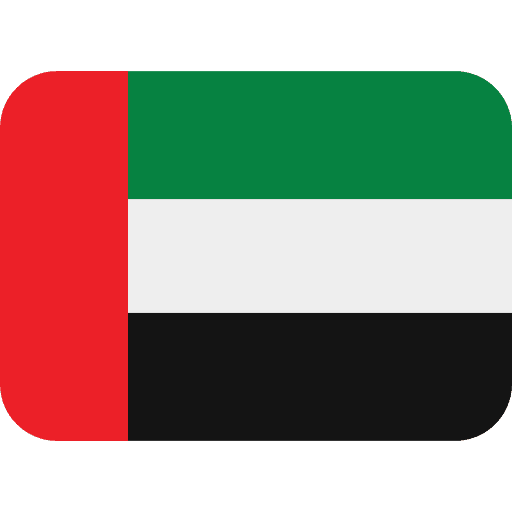Nov 14, 2023
Introduction
Dubai, renowned for its commitment to technological advancements, is making significant strides in integrating Augmented Reality (AR) and Virtual Reality (VR) into its healthcare sector. This blog post explores the innovative ways in which AR and VR technologies are transforming healthcare practices, enhancing patient care, and positioning Singapore at the forefront of medical innovation.
Dubai is emerging as a hub for cutting-edge technologies, and the healthcare industry is no exception. The strategic integration of AR and VR is revolutionizing the way healthcare is delivered and experienced, marking a new era in medical innovation.
Advancements in Medical Training:
Dubai's healthcare institutions are leveraging AR and VR technologies to elevate medical training to unprecedented levels of realism. Medical students and practitioners can now engage in immersive simulations that replicate intricate surgical procedures and medical scenarios. This not only enhances the skills of healthcare professionals but also contributes to a safer and more efficient healthcare environment.
Patient-Centric Care through Immersive Experiences:
AR and VR are reshaping the patient experience in Dubai. Patients can now benefit from virtual walkthroughs of medical procedures, enabling them to better understand their treatment plans. These immersive experiences foster a sense of empowerment and collaboration between patients and healthcare providers, ultimately leading to improved health outcomes.
Revolutionizing Rehabilitation and Therapy:
The city-state is exploring the therapeutic potential of VR in rehabilitation programs. Patients recovering from injuries or surgeries can engage in virtual exercises that mimic real-world scenarios, making the rehabilitation process more engaging and effective. Additionally, VR therapy is proving to be beneficial for mental health, offering a novel approach to address stress, anxiety, and other psychological conditions.
Telemedicine Redefined:
Dubai's commitment to digital transformation is evident in its embrace of telemedicine, and AR and VR are playing a crucial role in enhancing remote healthcare services. Virtual consultations empowered by AR allow physicians to share real-time medical information during online appointments. VR facilitates virtual hospital visits, providing patients with a sense of presence and connection with healthcare professionals.
Collaborative Research and Development:
Dubai's emphasis on collaboration and innovation is fostering partnerships between technology companies, healthcare providers, and research institutions. The synergy between these sectors is accelerating the development of AR and VR applications tailored to the unique needs of Dubai's healthcare landscape.
Challenges and Future Outlook:
While Dubai is making great strides, challenges such as regulatory frameworks, data security, and widespread implementation remain. However, the government's proactive approach and ongoing initiatives are poised to overcome these challenges, paving the way for a future where AR and VR are seamlessly integrated into the fabric of healthcare in Dubai.
Conclusion

Dubai's healthcare industry is on the cusp of a technological revolution, with AR and VR at the forefront of this transformation. As the nation continues to invest in innovation and collaboration, the impact of these immersive technologies on medical training, patient care, and telemedicine is set to redefine healthcare practices. Dubai's journey into the realm of AR and VR in healthcare reflects a commitment to providing its citizens with world-class medical services and positions the city-state as a global leader in healthcare innovation.





